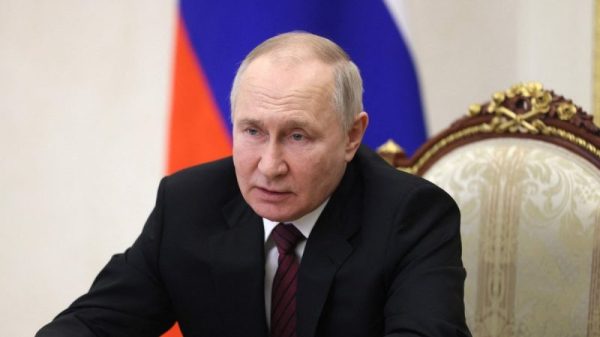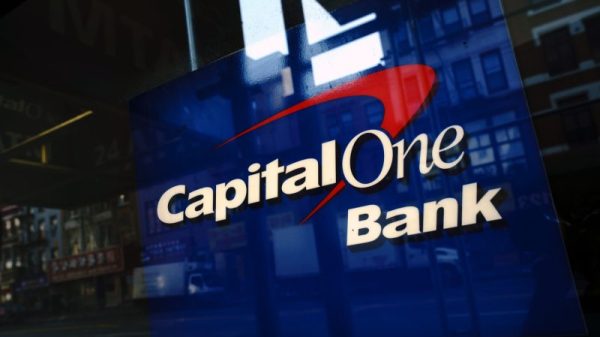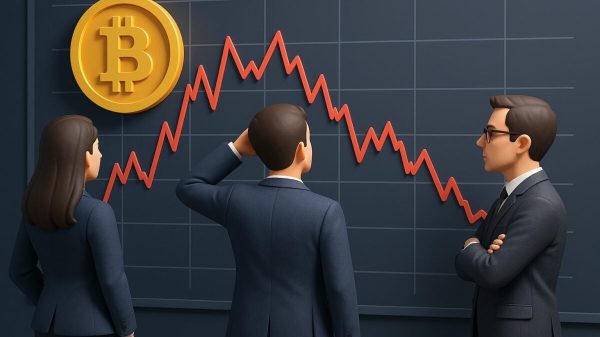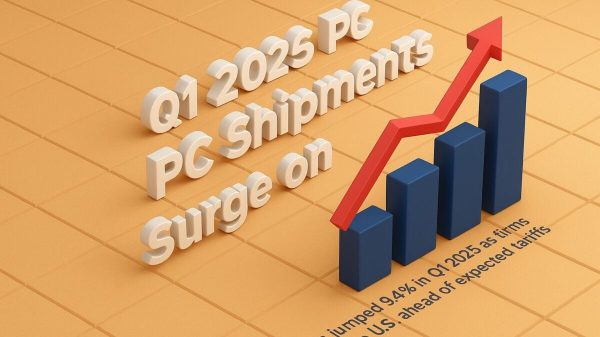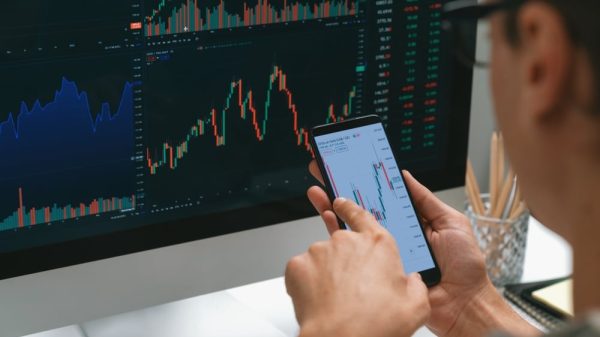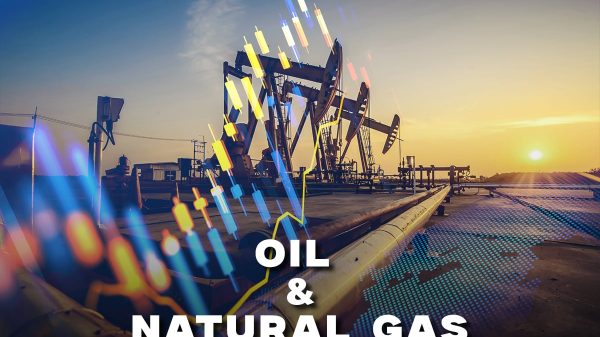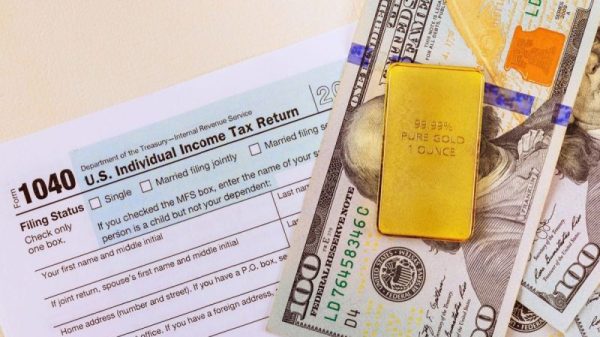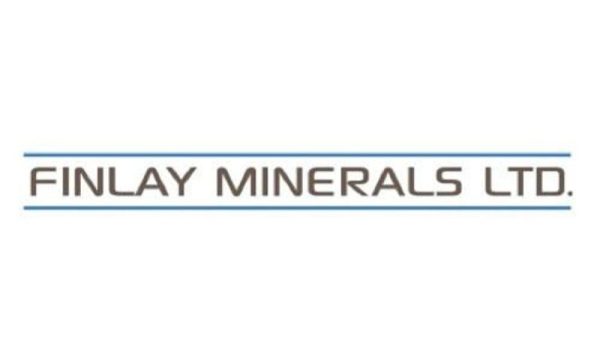2023 saw the zinc price take a slide as the market entered surplus territory.
However, after forecasting 2023 zinc demand growth of 2.1 percent in April, the International Lead and Zinc Study Group cut its projection to 1.1 percent in October. By the year’s end, CRU Group was estimating a contraction of 0.4 percent.
Zinc demand was affected by flagging post-COVID recovery in the Chinese economy, which accounts for 60 percent of global metal demand. Meanwhile, the zinc market was met with increased supply of refined products from Europe as energy prices dropped and allowed many of the continent’s smelters to return to production.
In terms of prices, BMI Research predicted in early 2023 that zinc would average US$3,000 per metric ton (MT) for the year; it revised its forecast down to US$2,550 midway through the period. Zinc closed the year at US$2,658.
What will happen to the zinc price in 2024?
Base metals price declines are expected to continue in 2024 amid depressed global economic activity.
Zinc specifically is expected to continue contending with too much supply in the face of weak demand. While mine production was relatively flat in 2023, the International Lead and Zinc Study Group said in October that it expects an increase of 3.9 percent in 2024, with output from operations around the world coming to 12.91 million MT.
On the demand side, various factors that weighed on zinc in 2023 are seen persisting in the new year, including challenging global economic conditions; in particular, high interest rates in North America and Europe have dragged down overall investment in real estate and capital projects, hurting base metals usage.
China’s slow post-COVID recovery is also pushing demand for zinc lower. The country’s real estate and manufacturing sectors stumbled through much of 2023, and although stimulus measures created some momentum toward the end of the year, the full effects are unlikely to be seen until the second half of 2024.
However, downward pressure caused by oversupply in the refined zinc market is likely to be met with zinc concentrate deficits in 2024. “We expect zinc’s price to be supported by concentrate market tightness in 2024, although the prospect of refined metal surpluses is likely to constrain bullish sentiment,” said O’Cleary.
Industry participants may have to make choices to ensure the financial viability of their operations. “Refined metal premia also slumped in 2023, and this, coupled with lower treatment charges, is putting pressure on smelters. Price-related smelter cutbacks cannot be ruled out, and this would be bullish for zinc’s price in 2024,” she added.
Zinc producers have already started to reign in supply. In September, Almina-Minas do Alentejo closed its Aljustrel operation in Southern Portugal until mid-2025, citing low zinc prices. This was mirrored by Trafigura subsidiary Nyrstar (EBR:NYR), which suspended operations at the end of November at its two zinc mines in Tennessee, US.
In the longer term, zinc is expected to get a demand boost from the energy transition. Its use in protective coatings in solar panels and wind turbines will be a critical driver. It will also provide benefits for electric vehicle (EV) producers as they begin to look for alternatives to traditional lithium-based batteries, including zinc-air batteries.
Beyond EVs, zinc is more widely used in the auto industry for non-corrosive coatings and galvanized steel. Global car sales are projected to increase in 2024, returning to pre-pandemic levels of 88.3 million units, while car production is expected to see a slight decrease to 89.4 million units, down from 89.8 million units in 2023.
All told, excess supply and lowered demand from key industries will continue to suppress the price of zinc, with the World Bank predicting a 4 percent decline in 2024 before a rebounding of 4 percent in 2025. This price outlook is echoed by Fitch Ratings in a December 11 report — it sees the price coming in at US$2,500 in 2024.
Investor takeaway
Expectations for zinc in 2024 are muted. The consensus among experts is that prices for the metal will remain flat, with supply continuing to outstrip demand. After China’s economic recovery stalled out in 2023, the country is facing several headwinds in 2024. A failure to diversify the economy to rely less on real estate and manufacturing may have a significant impact on zinc and other industrial metals in the new year.
Additionally, even though central banks are working to get interest rates down to 2 percent, high levels are currently weighing on the real estate sectors in Europe and North America. Elevated rates are also hurting capital investment across diverse business sectors, including the metals and mining industry.
It’s important for investors to keep these factors in mind as they make decisions for their portfolios in the coming year.
Securities Disclosure: I, Dean Belder, hold no direct investment interest in any company mentioned in this article.


